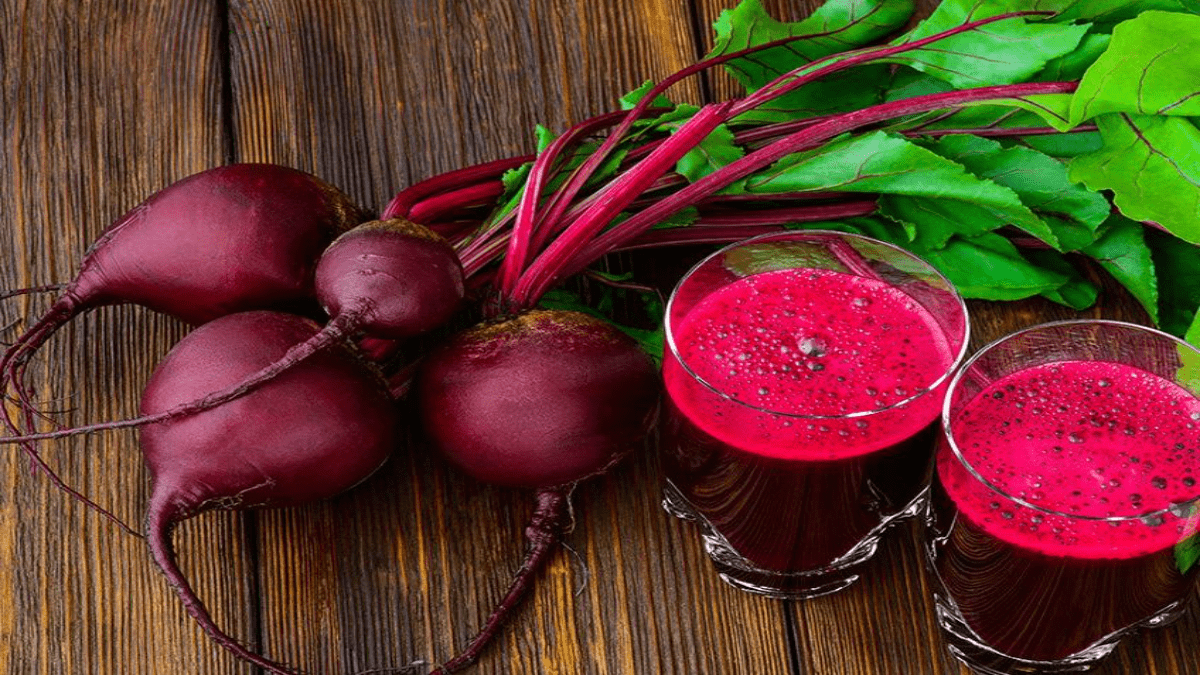
Advertisement
Beetroot, revered for its vibrant color and impressive nutritional profile, has earned a well-deserved reputation as a healthful addition to any diet. However, like any food, moderation is key when it comes to beetroot consumption to ensure optimal health and safety. Delving into the recommended daily intake of beetroot can provide valuable insights into how to incorporate this nutritious root vegetable into your diet without overdoing it.
Understanding Beetroot’s Nutritional Composition: Before delving into safe consumption levels, it’s essential to understand the nutritional composition of beetroot. This humble root vegetable is rich in essential nutrients, including vitamins, minerals, antioxidants, and dietary fiber. Notably, beetroot is a potent source of dietary nitrates, compounds that have been associated with various health benefits, including improved cardiovascular health and exercise performance.
Factors Influencing Safe Consumption Levels: Several factors influence the safe consumption levels of beetroot, including individual health status, dietary preferences, and overall dietary diversity. While beetroot is generally considered safe for most people when consumed in moderation, certain individuals may need to exercise caution or limit their intake due to specific health conditions or concerns.
Recommended Daily Intake: The recommended daily intake of beetroot can vary depending on various factors, including age, gender, and overall health status. However, as a general guideline, consuming one to two medium-sized beetroots per day is considered safe for most adults. This equates to roughly 200 to 300 grams of beetroot daily.
It’s important to note that individuals with certain health conditions, such as kidney stones or oxalate sensitivity, may need to limit their beetroot intake due to its oxalate content. Additionally, those who are prone to gastrointestinal issues or digestive discomfort may benefit from starting with smaller servings of beetroot and gradually increasing intake as tolerated.
Monitoring Individual Tolerance and Response: While the recommended daily intake provides a useful guideline, it’s essential to monitor your individual tolerance and response to beetroot consumption. Some people may experience changes in urine color (known as beeturia) or mild gastrointestinal discomfort when consuming beetroot, especially in larger quantities. Paying attention to how your body reacts and adjusting your intake accordingly can help ensure a comfortable and enjoyable beetroot experience.
Incorporating Beetroot into Your Diet: Beetroot can be incorporated into your diet in various delicious and versatile ways, including:
- Raw or Cooked: Enjoy beetroot raw in salads or sandwiches, or cook it by roasting, steaming, or boiling for a nutritious side dish or ingredient in soups, stews, and stir-fries.
- Juiced: Extract the vibrant red juice from fresh beetroots to create refreshing and nutrient-packed beetroot juice, either on its own or combined with other fruits and vegetables.
- Pickled: Pickled beetroot adds tanginess and flavor to salads, sandwiches, and appetizers, offering a delicious twist on this nutritious root vegetable.
Beetroot is a nutritious and versatile vegetable that can be enjoyed as part of a balanced diet. While consuming beetroot in moderation is generally safe for most individuals, it’s essential to be mindful of individual tolerance and any specific health considerations. By incorporating beetroot into your diet in a balanced and varied manner, you can harness its impressive health benefits while savoring its delicious flavor and vibrant color.
